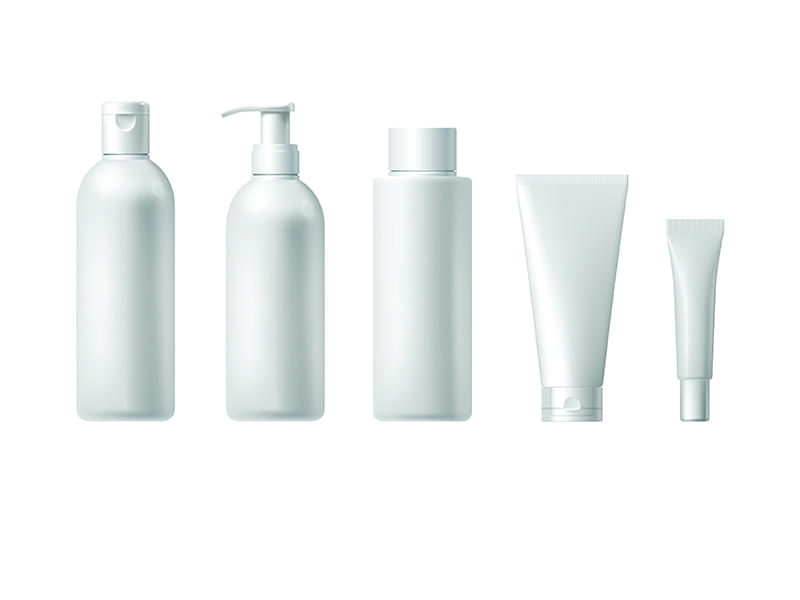Once a packaged
consumer good enters the supply chain, the manufacturer has decreasing control over what happens to it. As a result, it is crucial for manufacturers to anticipate and understand all the potential hazards a packaged good may encounter so they can design a
packaging system that can withstand them.
One such hazard is heat. Prolonged exposure to heat can lead to stress cracks, warping, and other issues. This is especially true for plastic bottles containing shampoo, body wash, skincare products, lotion, and other personal care products. These items may encounter hot climates in transit, humid warehouses, and even warm storage locations, such as bathroom cabinets, in the consumer’s home. It is crucial that the product’s primary packaging can withstand warmer temperatures and protect the integrity of the product inside.
An effective strategy for optimizing packaging performance is
environmental stress testing in a laboratory setting. In this case, plastic bottles of personal care product are placed in a highly controlled environmental chamber and monitored over a set period of time to evaluate how they perform.
“When you conduct this testing in a laboratory, you have complete control over all the variables and the ability to constantly monitor the items being tested,” said Michael Kuebler, Technical Director of Distribution Testing, Smithers. “You don’t have to send a product out into the field and cross your fingers. You can see the impacts of environmental stressors in real time, adjust your packaging as appropriate, and then send out your validated package with confidence.”
Additionally, environmental stress testing can help predict shelf life. “Our testing experts can program our environmental chambers to simulate an accelerated timeframe, which can give you a pretty accurate sense of the lifecycle of the packaging system,” said Kuebler.
In addition to heat, environmental stress testing can also evaluate how packaging reacts to cold, extreme temperature swings, and humidity.
“At our distribution testing laboratory at Smithers, we can handle a CPG’s entire testing program, or we can take overflow work if their in-house lab needs some extra support,” said Kuebler. “My team has worked with a huge variety of consumer goods, and we’re very familiar with the different test protocols and methods that are valuable to the CPG industry.”
To learn more, get in touch with Tim Rice at 517 322 2400 or trice@smithers.com.

